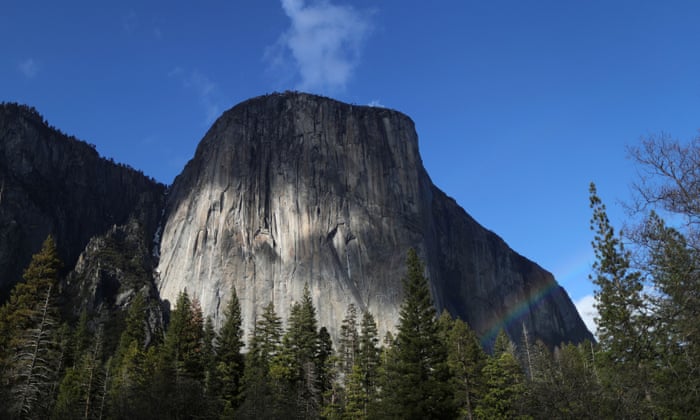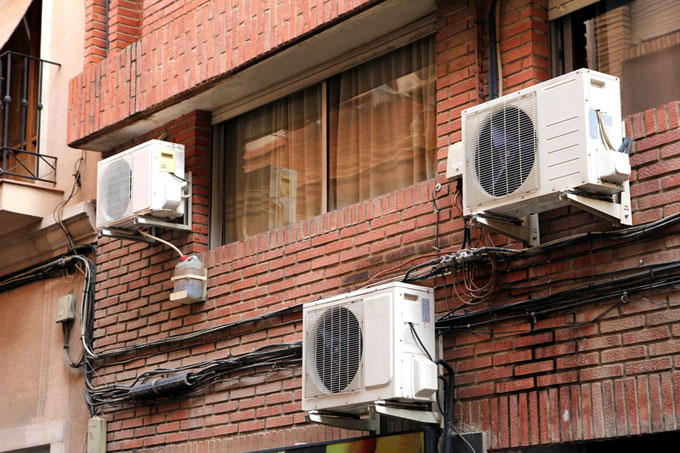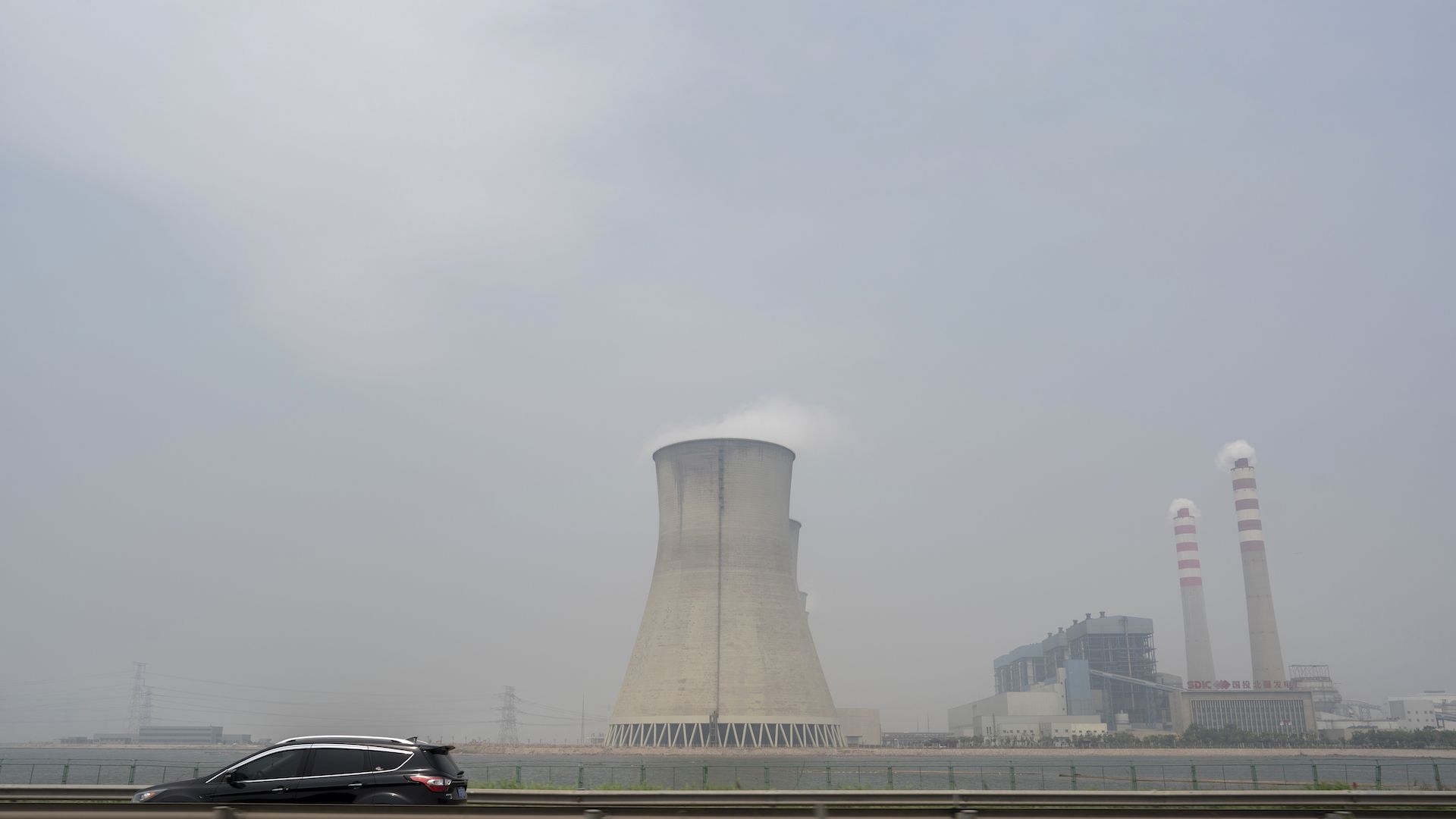Trump and his supporters are criminals!
By NADJA POPOVICH, LIVIA ALBECK-RIPKA and KENDRA PIERRE-LOUIS UPDATED June 7, 2019
President Trump has made eliminating federal regulations a priority. His administration, with help from Republicans in Congress, has often targeted environmental rules it sees as burdensome to the fossil fuel industry and other big businesses.
83 Environmental Rules Being Rolled Back Under Trump - The New York Times
By NADJA POPOVICH, LIVIA ALBECK-RIPKA and KENDRA PIERRE-LOUIS UPDATED June 7, 2019
President Trump has made eliminating federal regulations a priority. His administration, with help from Republicans in Congress, has often targeted environmental rules it sees as burdensome to the fossil fuel industry and other big businesses.
83 Environmental Rules Being Rolled Back Under Trump - The New York Times







